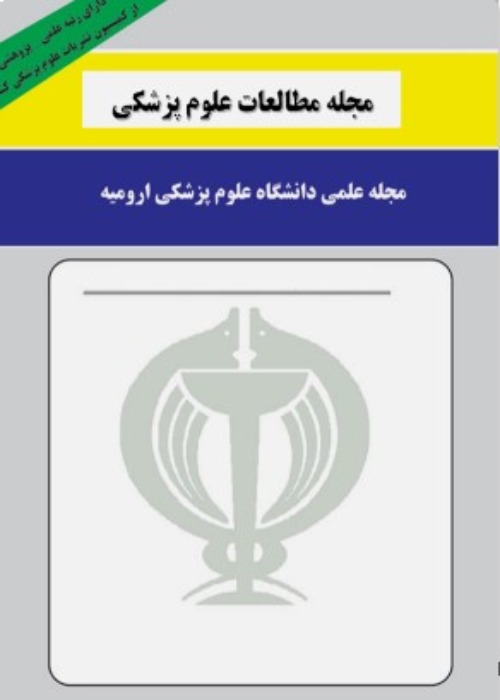EFFECTIVENESS OF MINDFULNESS-BASED SUBSTANCE ABUSE TREATMENT AND TRANSCRANIAL DIRECT CURRENT STIMULATION ON CRAVING AND EMOTIONAL DYSREGULATION IN ADOLESCENTS WITH SUBSTANCE USE DISORDERS
Substance use is one of the most widespread and expensive health problems in current society. Usual medical treatments are often not therapeutic and a relapse is prevalent. This research aimed to investigate and compare the effectiveness of transcranial direct current stimulation (tDCS) and mindfulness-based substance abuse treatment (MBSAT) on improving craving and emotional dysregulation in adolescents with substance use disorders.
The present study is a quasi-experimental with pre-test, post-test, and follow-up. The population includes all adolescents (21-18 years) with substance use disorder in the Ardabil city. A total of 60 boys with substance use disorders were selected with convenience sampling method from adolescent camps under the supervision of the Welfare Organization according to including and excluding criteria. Then, they were selected and were randomly divided into three groups: transcranial direct current stimulation (n=20), mindfulness-based substance abuse treatment (n=20), and control group (n=20). To collect data, we utilized the craving and emotional questionnaire. Ttreatment with direct electrical stimulation of the brain (tDCS) was applied for10 sessions (15-min) and included anodal stimulation of F3 region, and kathodal stimulation of F4 region with a current of 1.5 mA and mindfulness-based substance abuse treatment (MBSAT) sessions included 12 sessions (twice a week).
The results showed that there is a significant difference between the groups in the craving (p=.006) and emotional dysregulation (p=.013). Data analysis showed that there is no significant difference between the two therapeutic methods in the level of effectiveness on the variables in the research(p>.05).
According to the findings of this study, the efficacy of TDCS and mindfulness therapy for improving craving and emotional dysregulation in adolescents with substance abuse disorder is confirmed. Therefore, these interventions can be used for treating addicted subjects.
- حق عضویت دریافتی صرف حمایت از نشریات عضو و نگهداری، تکمیل و توسعه مگیران میشود.
- پرداخت حق اشتراک و دانلود مقالات اجازه بازنشر آن در سایر رسانههای چاپی و دیجیتال را به کاربر نمیدهد.




